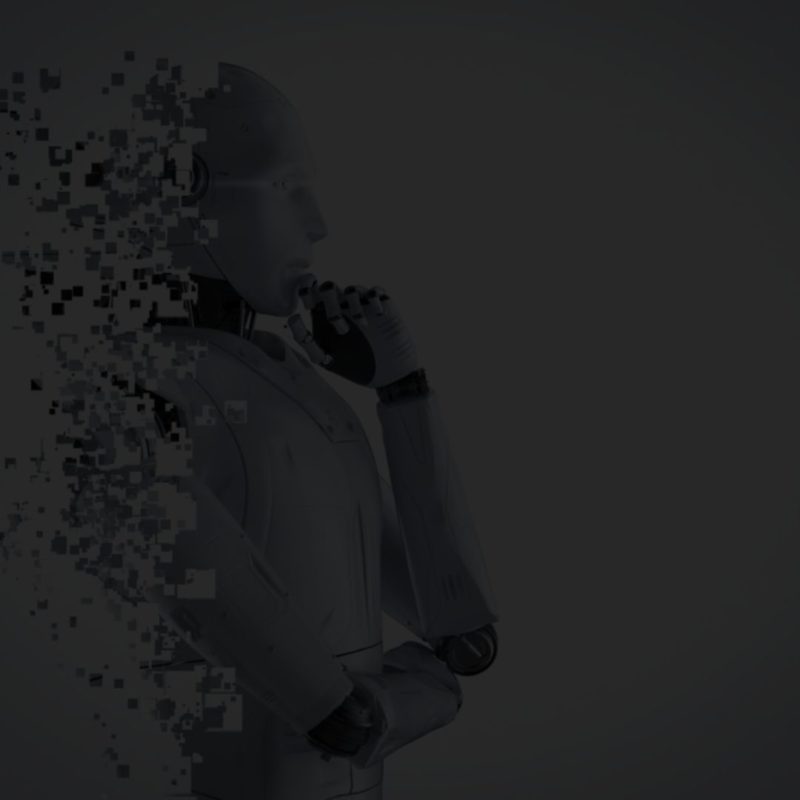Blog Post
Artificial Intelligence has taken the world by storm. Recent years have seen dramatic developments in AI and its related fields ensuring even more dramatic improvements in the coming decades. But with the increasingly powerful machinery, also comes a high degree of uncertainties and risks.
“We must have human wisdom to live in the digital age.” – Toshie Takahashi
The Brand Called You has featured many experts and thinkers from the field of Artificial Intelligence to discuss the future of AI. Tune in and learn what AI scholars have to say about the impressive innovations in this field, and despite its growing risk, how can AI be used for the good of humanity.
In our season 2, we featured Irakli Beridze, the Head of the Centre for Artificial Intelligence and Robotics in the United Nations. Irakli is helping prevent crime with the help of Artificial Intelligence at the United Nations. He takes us through the basics of AI:
What is Artificial Intelligence?
Irakli broadly defines the term Artificial Intelligence. There are three main ingredients to AI- a large amount of data, computational power, and the algorithms that will decipher the data or make sense of this data.
“In the year 2025 we will have 175 zettabytes of data and 175 zettabytes of data is as much as stacking DVDs all the way from here to the moon 27 times so that’s a lot of data.”
No human is capable of interpreting that much amount of data and that’s where the AI comes in.
About the Benefits of AI
AI is helping the human race across multiple disciplines, from healthcare, crime prevention, the energy sector, and education. Irakli exclaims that “We may not be the most intelligent beings anymore.” According to him, AI is getting bigger exponentially but it is yet to reach its full potential.
Irakli shares his take on AI in the policing sector and shares the probable risks involved.
Artificial intelligence and Policing
Artificial Intelligence is a powerful technology that learns from its own mistakes. It is now being used to prevent crimes. But this powerful technology in the wrong hands can be disastrous for humanity. Data and information can be easily stolen and misused, Irakli shares 3 possible ways in which AI can be misused:
“Someone who is willing to and has the necessary knowledge can easily find a loophole in this technology and penetrate into the government sector or private sector. There’s also a chance of misuse of AI in the political sector.”
Irakli shares a probability about how bots or drones can be used to attack an individual, which requires no human to be present. If that is the case, should AI be then used in matters of crime and policing?
Another guest we featured in our Season 2 also shares her take on the misuse of AI and explains how AI can be used for diversity and inclusion.
Toshie Takahashi is a professor in the School of Culture, Media, and Society as well as the Institute of AI and Robotics, Waseda University, Tokyo. She is also a Faculty Associate at prestigious institutions like Harvard and Cambridge.
What good AI can bring for humanity? Toshie combines her experience of cultural studies with technology and helps transform the technology according to a human-first approach.
Future of Robots and AI
Toshie talks about the future of AI and robots in the near future. A few conceivable uses of AI according to her are the help of older humans in walking, doing dishes, taking the trash out, etc.
Toshie researches in the field of making AI more appropriate for human beings, keeping in mind the humans first. She opines that the future is uncertain when it comes to AI but she wishes to use it for the good of humanity.
How can AI be used in Diversity and Inclusion?
“We must have human wisdom to live in the digital age.”
Toshie talks to us about the use of Artificial Intelligence in fields like diversity and inclusion. She wishes to train AI in such a way that it is embracing all human beings equally and is not discriminating against any human being.
She talks about how a biased data input can lead to the machine making a biased decision which is dangerous for humankind. She gives us a classic example of what could go wrong if the AI is biased-
“Especially like a minority, they don’t have so much data from minority, or women, or maybe the global south. If most data came from caucasian and maybe rich people then if they don’t have data from like colored or you know Asian then if we want to apply some job, then maybe AI suggests, oh you know, Toshie is not good, you know because they don’t have enough data. Maybe she’s uh Asian and woman and she’s not good.”
AI may be the present and future of the developed world but there is a huge divide between the availability of AI in developed and developing countries. With more than 4 billion people who do not even have the basic digital capability.
Our guests show us the ways in which AI can reach the other half of the world. And explain how AI can be used for the good, despite the risks involved.
Tune in to our podcast to know more about the positive and negative impacts of Artificial Intelligence on Humanity!


